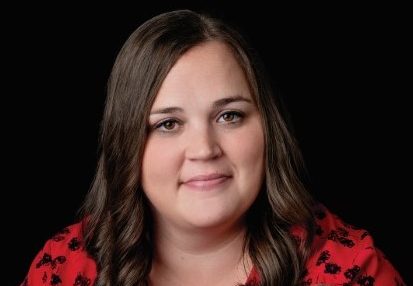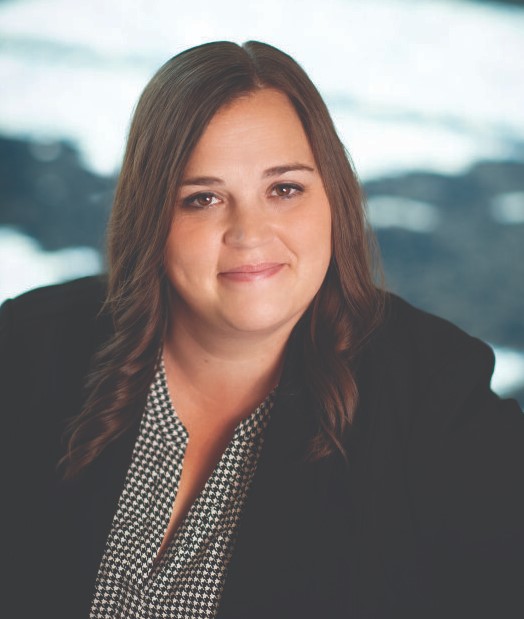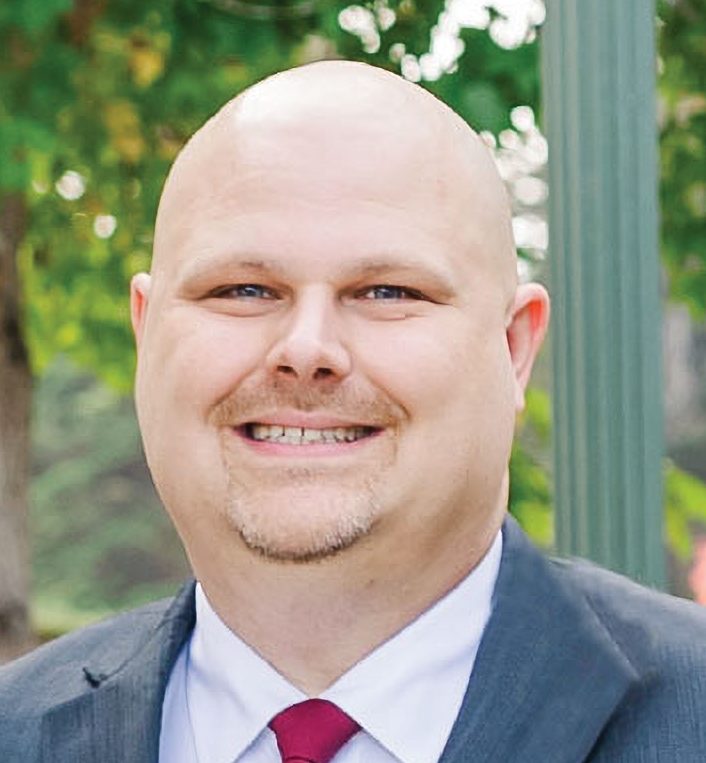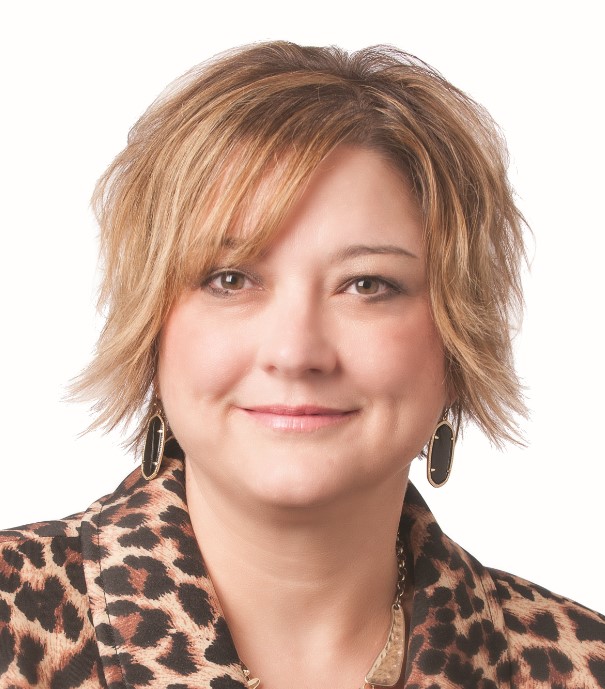Igniting revenue cycle’s superpower: Patient advocacy
The HFMA Revenue Cycle Conference, which sold out in 2023, will in 2024 present strategies for adopting an active approach to patient education, denials management and AI.

Larami Oliver took over revenue cycle operations for Heart and Vascular Care in Cumming, Georgia, in the heat of the pandemic, and under her leadership, the division was able to persevere.
Key to the operation’s success: a shift in focus from post-claim revenue cycle response to pre-service education and support.
“We’ve taken a proactive approach to revenue cycle, with an emphasis on patient advocacy,” Oliver said. “We’ve adopted the mindset that we’re here to help patients walk through their healthcare journey. We make sure we’re compassionate in those interactions and that we address any issues that may arise prior to the service being performed, because the worst thing in the world is for a patient who has anxiety about a new diagnosis to receive an unexpected medical bill or an unexpected denial.”
The new approach has not only improved patient satisfaction, but over one year it reduced days in accounts receivable to 19 from 25.9, and enabled the organization to lower its denials rate to 3%.
Oliver’s team will coordinate three-way calls between the patient, the payer and the cardiovascular practice to ensure patients have a clear understanding of what’s covered — and what isn’t — before undergoing a procedure.
“We work to educate patients about their insurance coverage and what the terms of their contract mean,” Oliver said. “Our standard as an organization is that we roll out the red carpet treatment for patients. We really embody that mindset in every interaction. When you hire the right people and put faith in them, you empower them to become champions for the patient experience. We’ve had almost no turnover in revenue cycle over the past couple of years since we began this journey.”

Oliver will be telling the whole story at HFMA’s Revenue Cycle Conference, which will take place Feb. 28-March 1 at the Hilton San Diego Bayfront. She’ll share the lessons learned from these efforts and suggest ways to improve a revenue cycle department.
Oliver says working together with all of the interested parties is one way to solve problems for the patient.
“We had a situation recently where a patient was getting information from their insurance company that conflicted with the information we had received,” Oliver said. “By getting all of the parties on the phone at the same time, we could be an advocate for the patient with their insurance company. This helps eliminate frustration for the patient. It also builds confidence with our patients that we’re being transparent. In a world where there isn’t as much trust in healthcare as there might have been 10 or 15 years ago, a partnership approach like this lets patients know, ‘We’re on your side.’”
A conference-wide focus on best practices
Oliver’s sessions are just two of several that will lean into best practices that strengthen revenue cycle engagement and results during HFMA’s Revenue Cycle Conference.
Other topics include cultivating resilience, applying AI to the revenue cycle, optimizing revenue cycle talent in the age of AI, adopting best practices in charity care and building strategies for denials management and prior authorization. (See the highlight list below.)
“I’m so passionate about the work we’re doing to go above and beyond for patients and the impact it’s making for our revenue cycle operations,” Oliver said. “I’m really looking forward to sharing our experiences with my peers and learning from them as well.”
HFMA’s Revenue Cycle Conference comes at a time when nearly half of consumers are struggling with emergency expenses, a recent PYMNTS survey shows, and a quarter of these consumers struggle to pay these expenses.a Average personal emergency expenses over 90 days, the survey found, totaled $1,700, with health-related expenses and vehicle repairs most commonly putting unanticipated pressure on consumers’ wallets.
Addressing denials
Also of top concern for revenue cycle leaders is the recent uptick in denials — especially among commercial insurers, with initial denial rates reaching 15.1% for inpatient and outpatient claims in the first quarter of 2023, according to a Crowe analysis.b It’s a challenge that demands new techniques for engaging payers in preventing revenue leakage.
Keynote presentations at the conference are likewise focused on improving value, both for providers and for the populations they serve:
Jonathan McKinney, senior director, clinical enterprise administration, Inova Health System, and Christina Quint, senior director, Inova Children’s Hospital and pediatric service line, will discuss a workplace violence program that brings together team members from across disciplines in assessing risk and making care environments safer.
John W. Ayers, PhD, MA, a Johns Hopkins- and Harvard-trained computational epidemiologist who leverages big data to make discoveries that improve public health, will share insights from a study he led that among other things revealed most misinformation on Facebook comes from bots, not people.
Hot topics
Leaders also will share innovative ways to address revenue cycle pain points, along with lessons learned in process design, implementation, measurement and engagement.
For instance, at Community Medical Centers, a not-for-profit healthcare network based in Fresno, California, an AI analysis uncovered a “funky, erroneous denial” pattern that prompted intense collaboration with one large payer to resolve.
“We might have been able to catch this trend through a denials analysis report, but the AI is another tool watching out for it,” noted conference speaker Eric Eckhart, director of patient financial services for Community Medical Centers, in a recent hfm article.c
Key to long-term success in AI adoption in revenue cycle management: bringing healthcare revenue cycle employees into the conversation. That’s a topic Amy DeSart, vice president, HIM, CDI and coding for BJC Healthcare in St. Louis, will explore in a presentation on optimizing revenue cycle talent amid
AI advancements.
Recent news stories about patients facing financial hardship due to healthcare-related costs also underscore the need to spot instances when patients are likely to need financial assistance from the start of their healthcare journey.
“Hospitals could make a substantial difference in consumer sentiment by taking a close look at the ways in which they evaluate financial need and ensure that they identify patients who qualify and need assistance as soon as possible in the care process,” said Richard Gundling, FHFMA, CMA, senior vice president for content and professional practice guidance.
An emphasis on peer-led innovation
One of the things that differentiates the HFMA Revenue Cycle Conference is its emphasis on performance improvement initiatives that work, as told by the leaders who led these initiatives.
“As denials continue to rise, revenue cycle leaders recognize the need to strengthen front-end processes and talent to provide better education and guidance to patients and a more personalized approach,” said Katie Gilfillan, director, healthcare finance policy and education for HFMA.
Gilfillan added, “There’s also a lot of interest in leveraging AI and automation to optimize results and repurposing staff in an automated environment to focus on the human elements that enhance the patient financial experience.”
Footnotes
a. PYMNTS, New reality check: The paycheck-to-paycheck report, June 2023.
b. Hall, C., Ruiz, K., and Szaflarski, M., KPI benchmarking report: Time for a commercial break, Crowe, May 16, 2023.
c. Eramo, L.A., “Applying AI to revenue cycle management,” hfm, October 2023.
HFMA Revenue Cycle Conference highlights

“Cultivating resilience: How to turn obstacles into opportunities,” led by motivational speaker Hoan Do
“The business case for a proactive revenue cycle,” Larami Oliver, director of revenue cycle management,
Heart and Vascular Care, Cumming, Georgia
“Hype or reality: The future of AI in healthcare,” John W. Ayers, PhD, MA, a Johns Hopkins- and Harvard-trained computational epidemiologist

“AI in the revenue cycle,” a panel discussion led by Nikki Harper, division chair, revenue cycle reporting, analytics & automation, Mayo Clinic, Rochester, Minnesota
“AI-powered solutions for combating payer denials,”
Eric Eckhart, director, patient financial services, Community Medical Centers, Fresno, California

“Revenue cycle innovation: Harnessing technology, efficiency and a workforce transition,” Amy DeSart, vice president, HIM, CDI and coding, BJC Healthcare, St. Louis
“Best practices in presumptive charity care,”
Leslie Pierce, senior vice president, revenue cycle, Methodist Health System, Dallas

“Addressing and preventing workplace violence,” Jonathan McKinney, senior director, clinical enterprise administration, Inova Health System, and Christina Quint, senior director, Inova Children’s Hospital, Falls Church, Virginia





